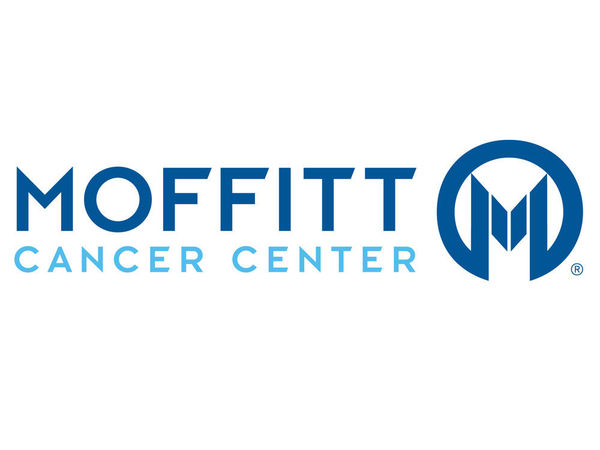

Postdoctoral Fellow: Cancer Immunotherapy
November 25, 2017 - December 26, 2017
Cancer immunotherapy represents a paradigm shift in the management of cancer. Recent successes with antibody directed therapies for immune modulators such as CTLA4 and PD1/PDL-1 axis have altered the landscape of systemic therapy for solid and hematologic malignancies. Among various strategies to improve cancer immunotherapy, epigenetic targets have emerged as prominent actionable targets to enhance anti-tumor immune responses and suppressing tolerogenic tumor microenvironment. Our laboratory is focused on mechanisms by which various epigenetic molecules impact the immune system to identify novel approaches to cancer immunotherapy.
Alternative approaches to enhancing cancer immunotherapy are to modulate immunologic consequences to existing cytotoxic therapy, such as radiation therapy. More recently, the concept of immunogenic cell death induced by XRT has been proposed. Immunogenic cell death is associated with release of HMG-B1 and ATP as DAMPs (damage-associated molecular pattern), which provides the “Danger Signal” required for effective adaptive immune responses. Surface translocation of calreticulin promotes antigen presentation by facilitating phagocytic uptake by dendritic cells (DC). We are therefore currently investigating how to promote tumor specific immune responses by radiation therapy.
Position Highlights:
- Involved mentorship by Dr. Kim
- Gain knowledge base in cancer immunotherapy, immune activation and tolerance mechanisms, molecular immunology
- Develop expertise in epigenetic regulation of the immune system
- Train in in vivo and in vitro methodologies in immunologic research
The Ideal Candidate:
- Scientifically inquisitive and enthusiastic to learn new approaches
- Collaborate well with other researchers
- Backgrounds in immunologic research
- Familiar with flow cytometry and molecular work
Responsibilities:
- Read and discuss relevant literature
- Design and conduct experiments
- Present at the lab meetings and scientific conferences
- Research methodologies will mostly include flow cytometry, confocal microscopy, proximity ligation assay, Western blot and other molecular work, ex vivo and in vivo mouse studies.
Credentials and Qualifications:
- Ph.D. or M.D. in Immunology, Molecular Biology, Cell Biology, or Cancer Biology.
A competitive salary and benefits package will be offered to the successful candidate. Interested applicants should send a single PDF file that includes a current CV with recent publications, a personal statement of scientific interests and goals (2-page maximum) and contact information for three references to Dr. Sungjune Kim at Sungjune.kim@moffitt.org.
